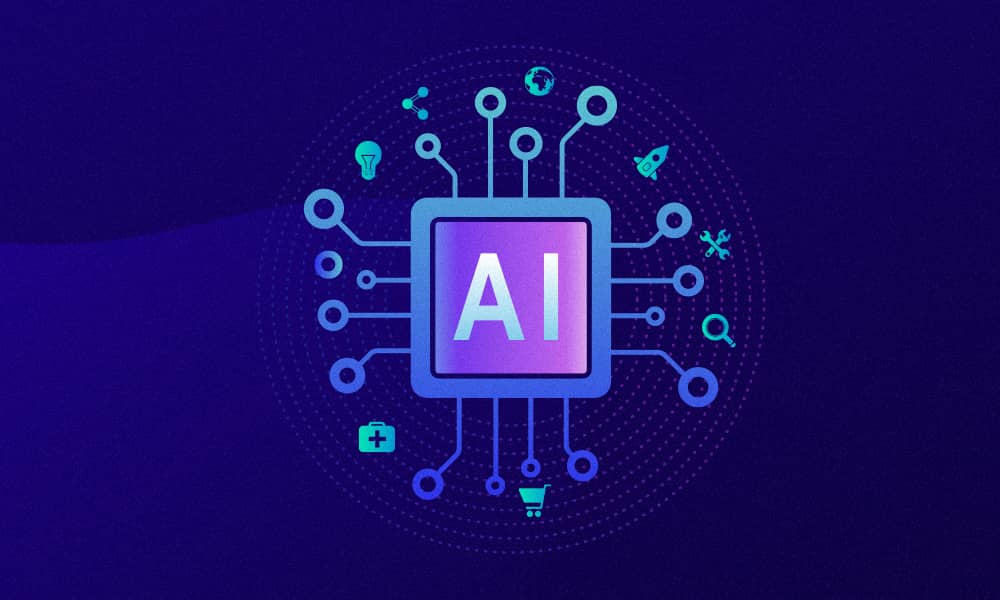
Human and AI rivalry in competitive scenarios
The rise of artificial intelligence (AI) has ignited a fierce debate about the potential threat it poses to human intelligence. In competitive scenarios, we often see humans pitted against AI technologies, such as in chess matches or quiz shows. These competitions highlight the impressive capabilities of AI systems, leaving many to question how human intelligence can measure up.
Evaluating human and AI capabilities
When evaluating human and AI capabilities, it is important to consider the strengths and weaknesses of each. Human intelligence is characterized by its adaptability, creativity, and emotional intelligence. AI, on the other hand, excels at processing vast amounts of data, identifying patterns, and performing repetitive tasks with speed and accuracy.
Advances in AI technology and its implications
Advances in AI technology, particularly in machine learning and neural networks, have enabled AI systems to surpass human performance in various domains. This has implications for industries such as healthcare, finance, and transportation, where AI can automate processes, improve efficiency, and enhance decision-making.
The role of AI in transforming various industries
AI has the potential to transform various industries by augmenting human capabilities, improving productivity, and enabling new forms of innovation. For example, in healthcare, AI can help diagnose diseases, analyze medical images, and identify potential treatment options. In finance, AI algorithms can help predict market trends and make data-driven investment decisions.
Defining intelligence in the context of AI
Traditionally, intelligence has been associated with human cognitive abilities. However, in the context of AI, intelligence is defined as the ability to acquire and apply knowledge, reason, and make decisions. This broader definition encompasses the capabilities of AI systems, which can analyze massive amounts of data and make complex predictions.
Promoting seamless human-AI collaboration
Rather than viewing AI as a rival to human intelligence, there is increasing focus on promoting seamless collaboration between humans and AI systems. This involves designing AI technologies that can understand human intentions, communicate effectively, and adapt to human preferences. Promoting collaboration can leverage the strengths of both humans and AI, leading to more innovative solutions.
The disruptive potential of automation through AI
Automation through AI has the potential to disrupt industries and job markets. While it can eliminate certain repetitive tasks, it also opens up new opportunities for humans to engage in more complex and creative work. It is important to proactively prepare for these disruptions, with efforts focused on upskilling and retraining the workforce.
Ethical considerations in AI decision-making
As AI systems become increasingly sophisticated, ethical considerations become paramount. AI decision-making can have far-reaching consequences, such as biased outcomes or infringement on personal privacy. It is essential to develop ethical frameworks and regulations to ensure that AI is used responsibly and for the benefit of society.
AI's potential to enhance human productivity
Rather than replacing humans, AI has the potential to enhance human productivity by automating mundane tasks and freeing up time for more meaningful work. This can lead to greater job satisfaction, improved work-life balance, and increased innovation.
Envisioning the integration of AI into everyday life
As AI technology continues to advance, its integration into everyday life is becoming increasingly commonplace. From voice assistants to smart homes, AI is already making our lives more convenient and efficient. However, it is important to strike a balance between AI's capabilities and maintaining human control and autonomy. In conclusion, the rivalry between human intelligence and AI is not a matter of one replacing the other, but rather finding ways to leverage the strengths of both. The integration of AI into various industries and everyday life holds great promise, but it also demands careful consideration of ethical implications and the impact on the workforce. By embracing collaboration and ensuring responsible AI development and deployment, we can unlock the full potential of automation while preserving and enhancing human intelligence.

